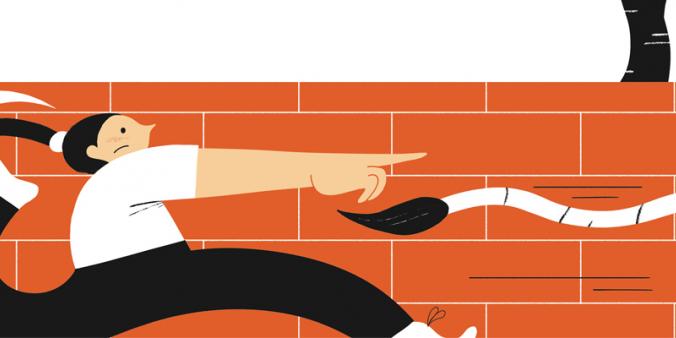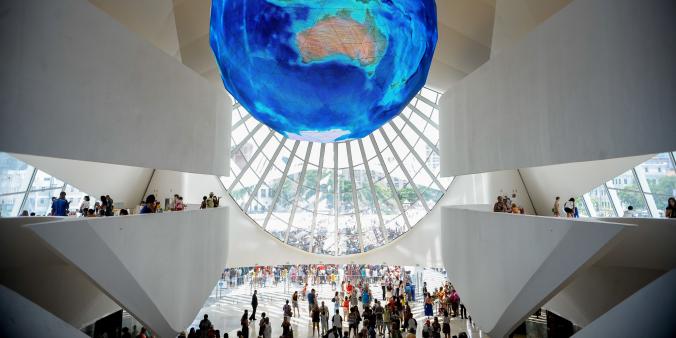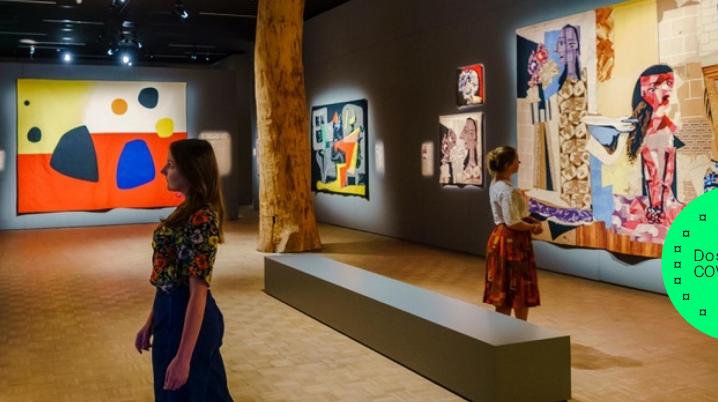
Art in Times of Corona: how cultural organisations reopen corona proof
How to render a museum or theatre corona proof? The strict regulations around the reopening bring with them both challenges and opportunities that differ per organisation. What will future visitor experience look like when the building’s capacity is limited? What are the public’s expectations? Different marketers share how they shaped the reopening, and what challenges they have faced while doing so.
Kunsthal Rotterdam builds new staircase for one-way traffic
The Kunsthal opened on 1 June and allows 1 person per 10m2 in their building. They briefly considered to organise special visiting hours for ‘vulnerable groups’, whom are especially prone to the corona virus. Eventually, they decided not to go through with it. Sabine Parmentier, head marketing and communications at the Kunsthal: “The amount of visitors we allow with the current guideline, is already very low. Besides that, we want to guarantee safety for everybody, whether they belong to a vulnerable group or not.”
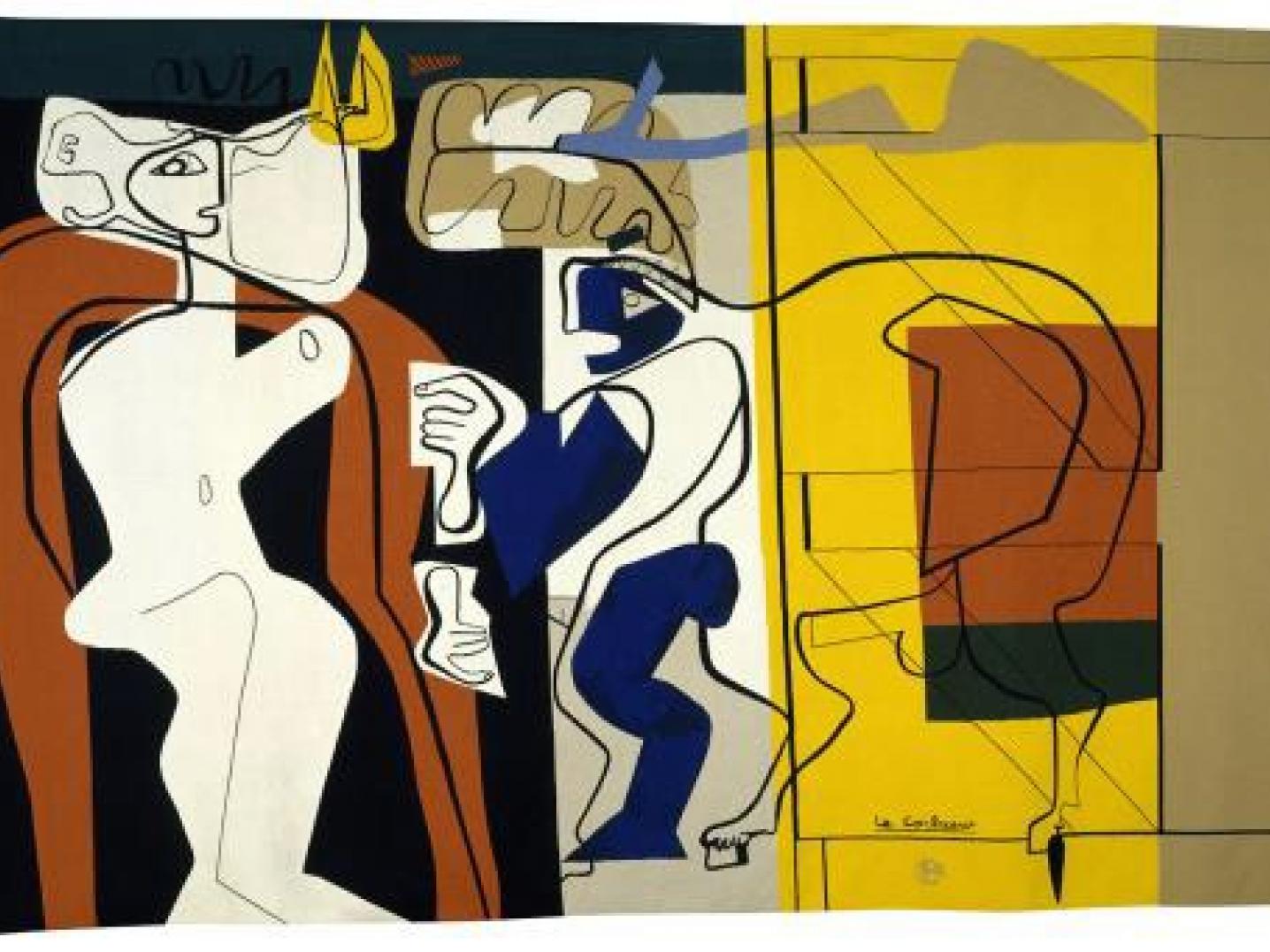
Every fifteen minutes, 15 to 25 people are allowed inside, to prevent the entrance to become too crowded. The entrance is strictly regulated, but in the exhibition space the visitors are allowed to wander free. “At the Kunsthal you should be able to wander through the exhibitions and the building as much as possible. That is what the building is designed for. We want to retain that sense of freedom.” The Kunsthal built a temporary extra staircase to enable one-way traffic.
What typifies the organisation, is that they actively search for the possibilities – as opposed to the limitations – that this crisis offers. Most activities continue in a smaller setting. Parmentier: “Together, we are looking at ways in which we can fill in the upcoming months. The creativity that is intertwined with our sector comes in handy here.”
TivoliVredenburg utilises the power of corporate marketing
Concert hall TivoliVredenburg in Utrecht limitedly opened their doors on 1 June with three concerts a day for a maximum of 30 people – following the guidelines. Tivoli’s marketing manager Lieke Timmermans hopes their visitors will be understanding: “Our visitors know that concerts won’t be the same as before. The conditions are completely different: visitors cannot just access the bar and are obliged to leave quickly after the concerts. This will mean that the visitor experience will be different than what people are used to. The essence, however, will remain the same: visitors will be able to enjoy live music.”
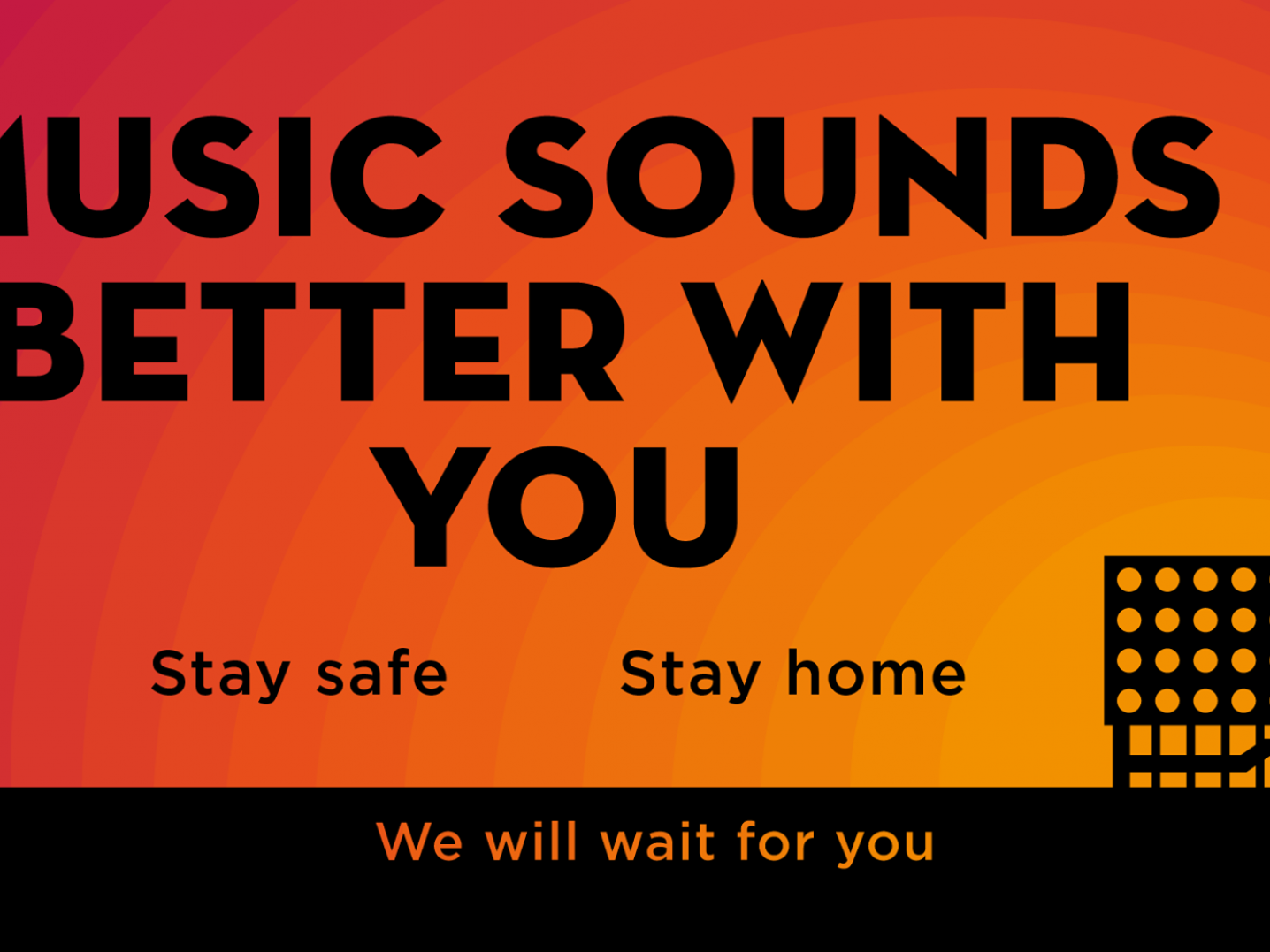
The corona crisis helped Timmermans become more aware of the power of corporate marketing: “There is a big visitors’ group that really adores TivoliVredenburg. We can stay connected to this group by telling stories. Not only stories from inside Tivoli’s building, but stories on the city of Utrecht as well. We now use our communication power to tell our audience about local entrepreneurs, such as book stores, too. The position of corporate marketing is strengthened.”
Besides, the focus on corporate marketing results in the recruitment of online donors amongst other target groups different than they are used to. “Where before our donors were predominantly fans of classical music, we have now developed a strategy for the recruitment of donors who are fans of pop music as well.”
International Theatre Amsterdam starts with monologues
The International Theatre Amsterdam (ITA) also reopened on 1 June with the premier of the monologue Who killed my father? The premiere’s 30 available seats will be supplemented with a live screening in a different room next-door. All tickets for the performances in June are sold out. In August, the theatre will scale up its capacity to a hundred visitors at a time. Besides that, this summer ITA will produce two other monologues following the same set-up.
The ITA is able to start its productions due to a multitude of circumstances. Martine Jedema, senior marketing staff member at ITA explains: “Who killed my father? was due to premiere in April. We already knew by then: if there is one production we would be able to showcase relatively quickly within the current circumstances, it had be this one. We also have the advantage of owning our own stage and ensemble. Because of that we can decide rather quickly to play these shows for a small audience. The other two monologues are productions we are able to resume easily as well.”
Jedema is sure that the theatre experience will change in the upcoming time: ”After this period of intense digital contact, our audience craves for the live experience. Besides online content, we will look for different forms of this experience. Digital media make it rather easy to show your audience that you are still there. We will keep creating and contemplating ways in which we can tell stories, without just showing everything online.”
Read the full interviews with marketeers from the above mentioned and other cultural institutions like Filmhuis Den Haag, Hof van Busleyden, Musis & Stadstheater Arnhem and NEMO Science Museum.

